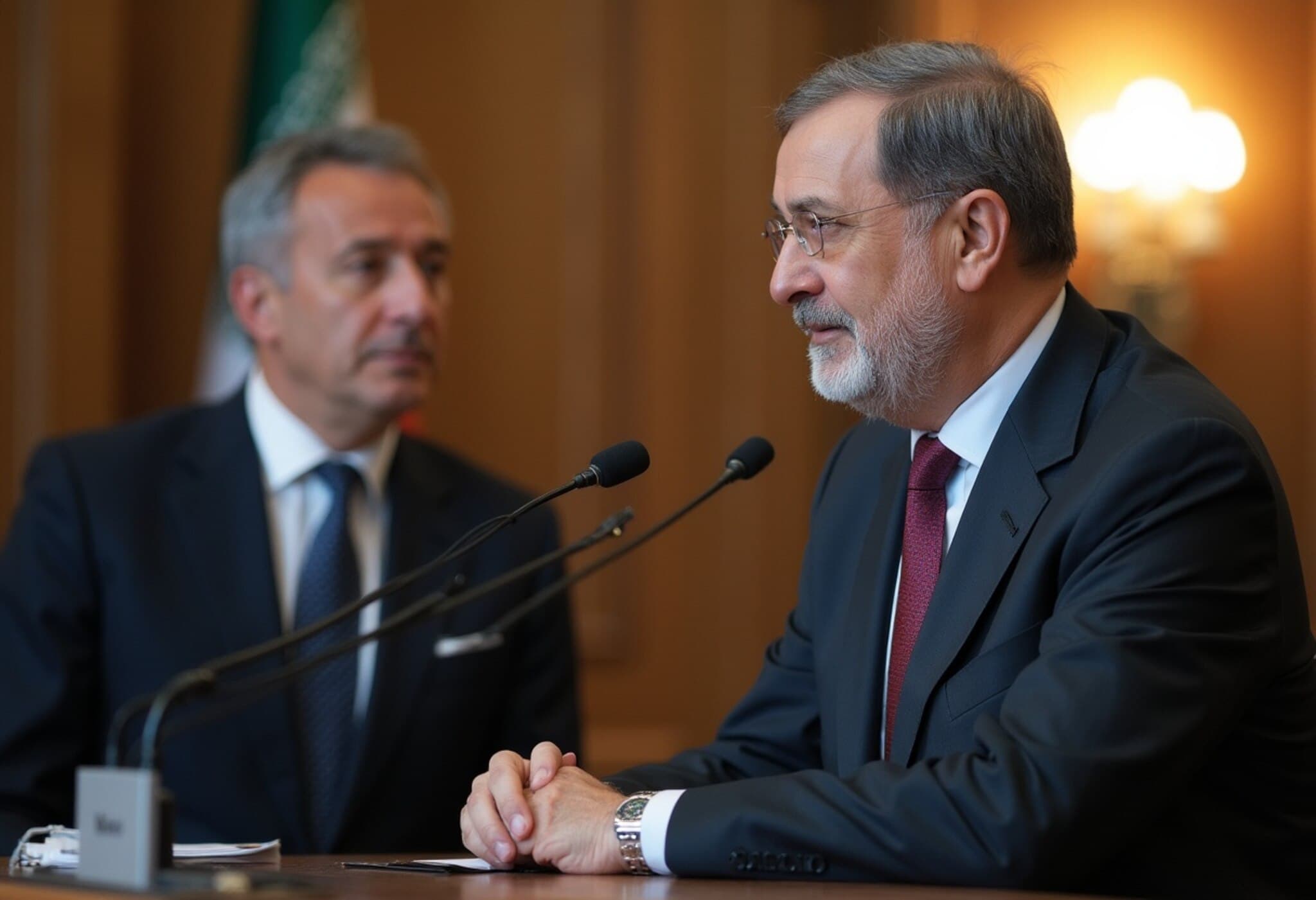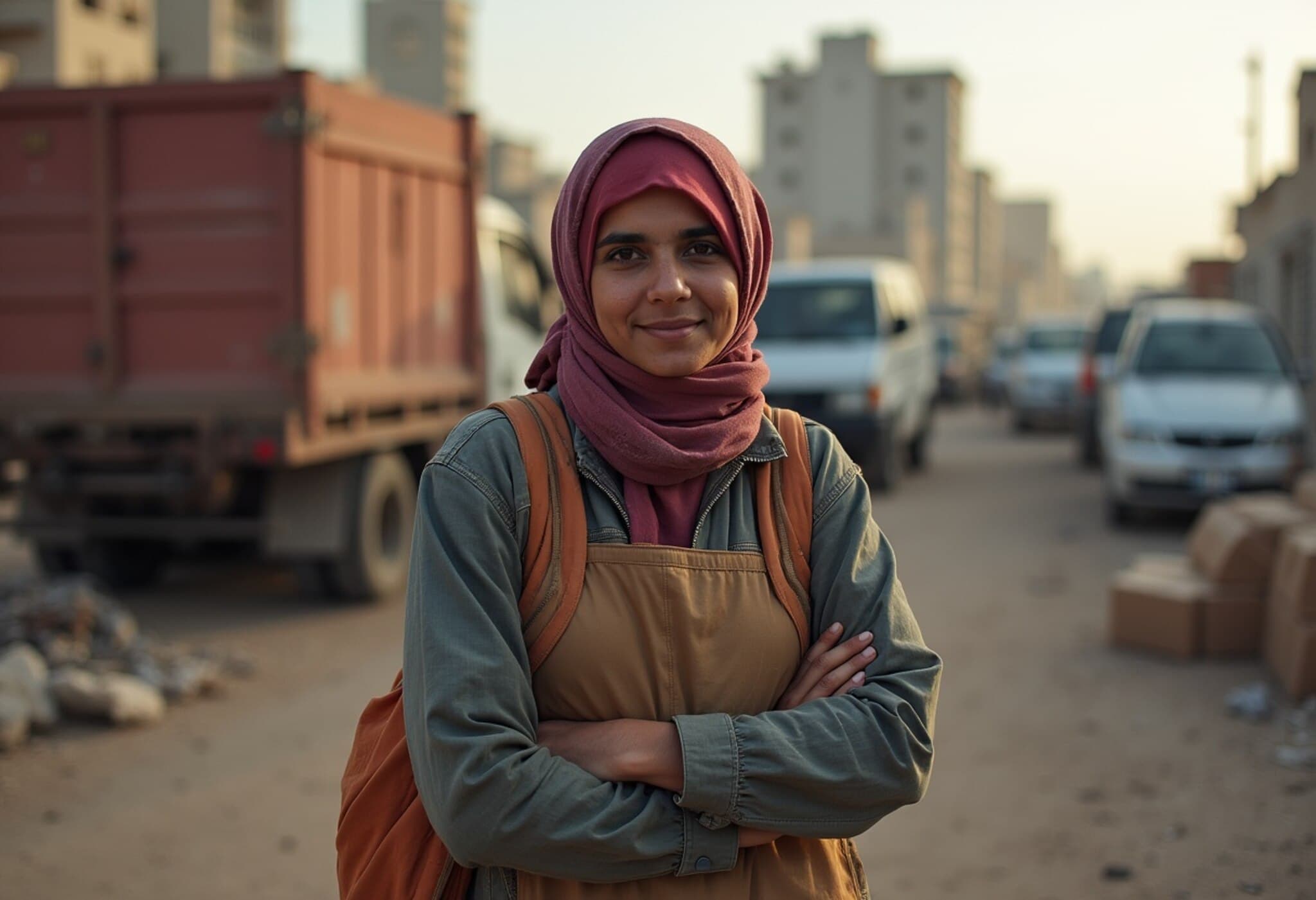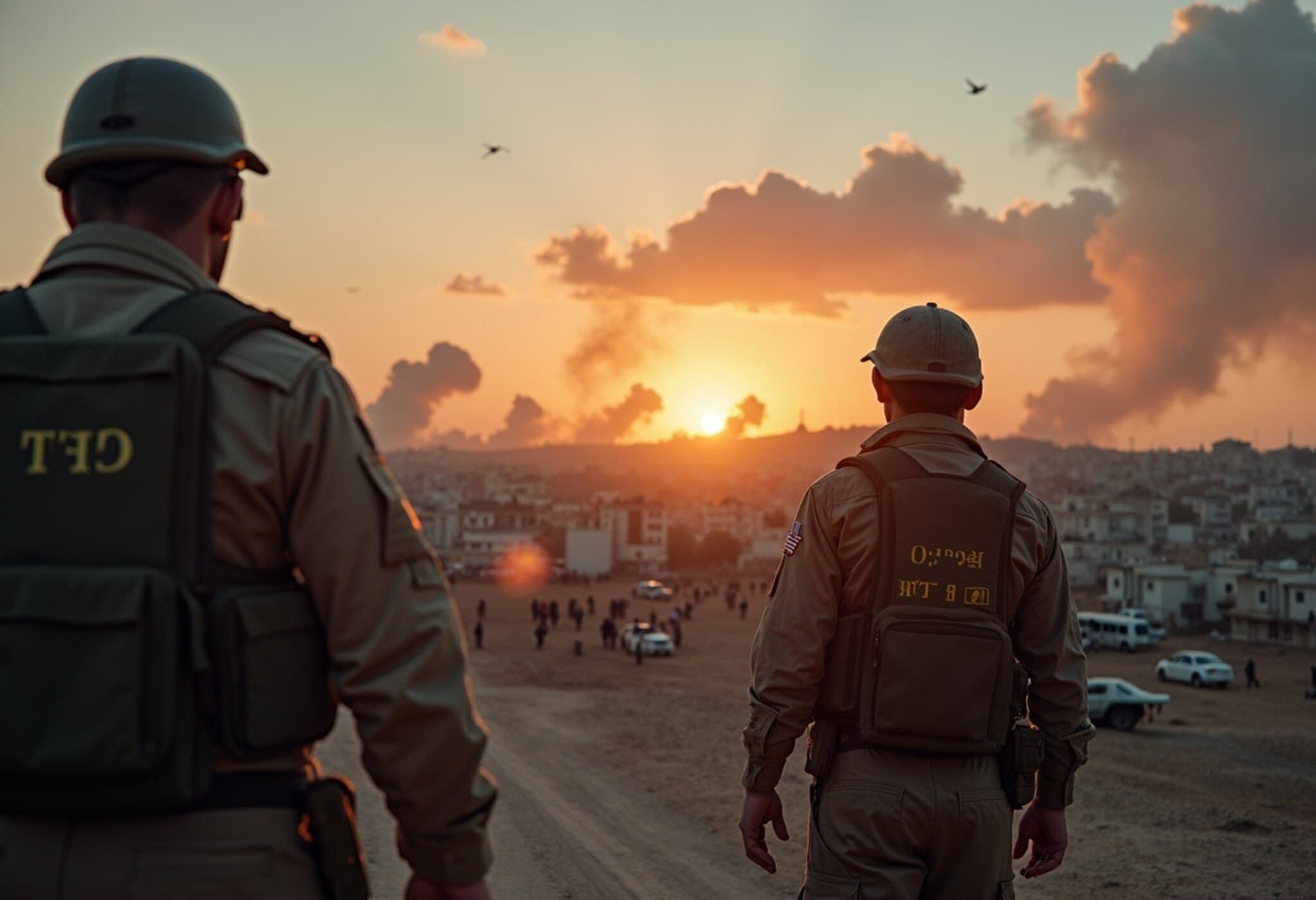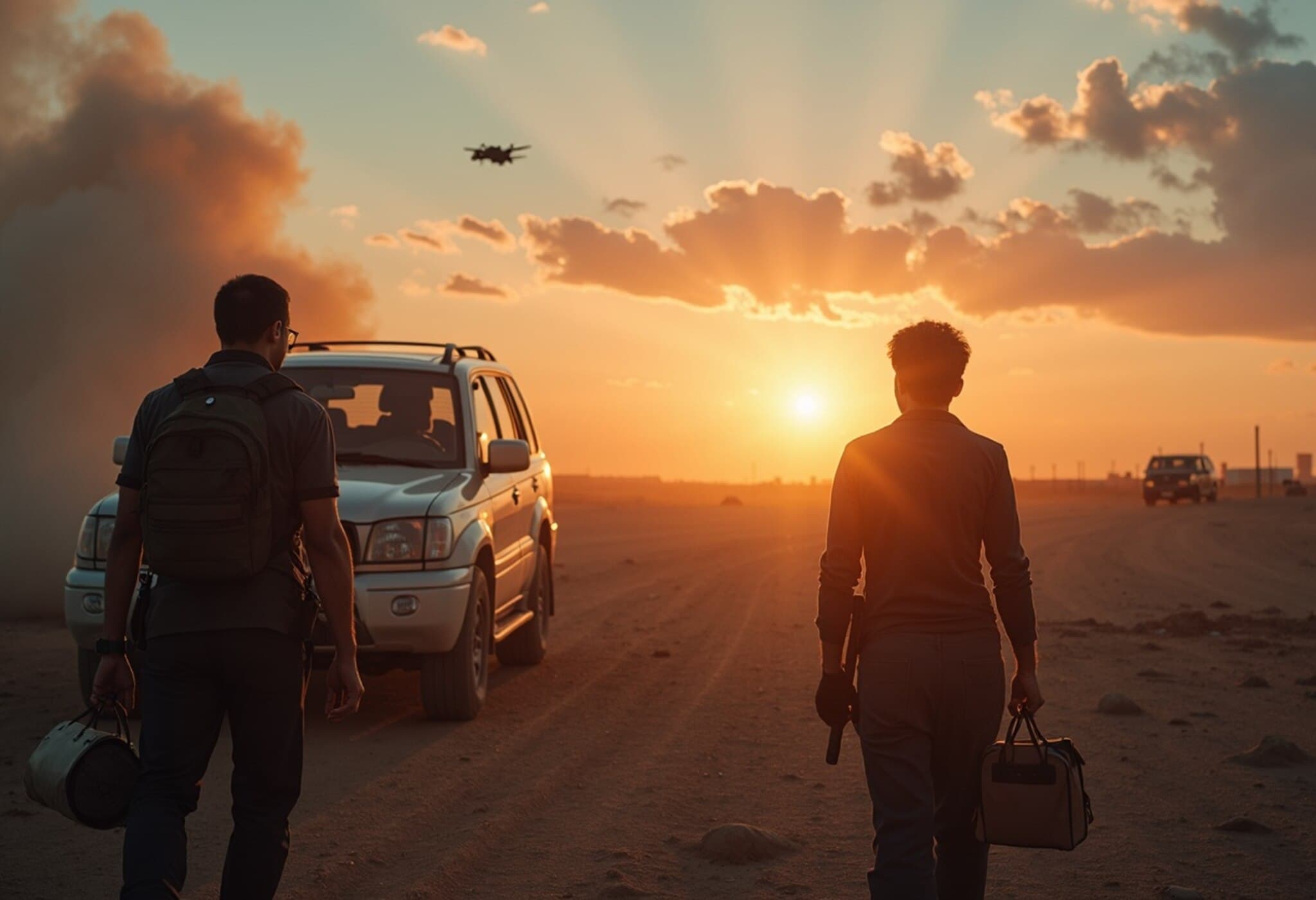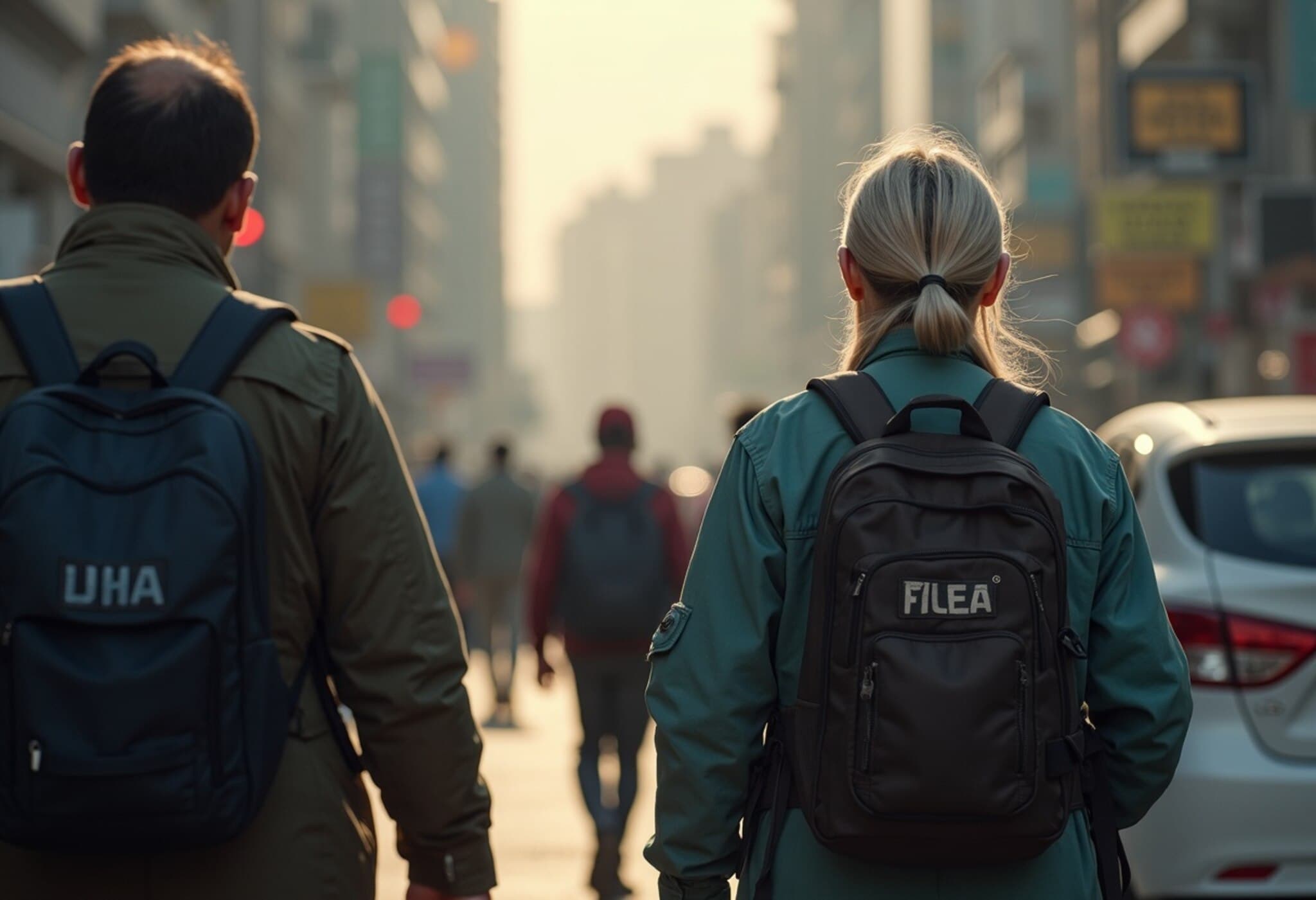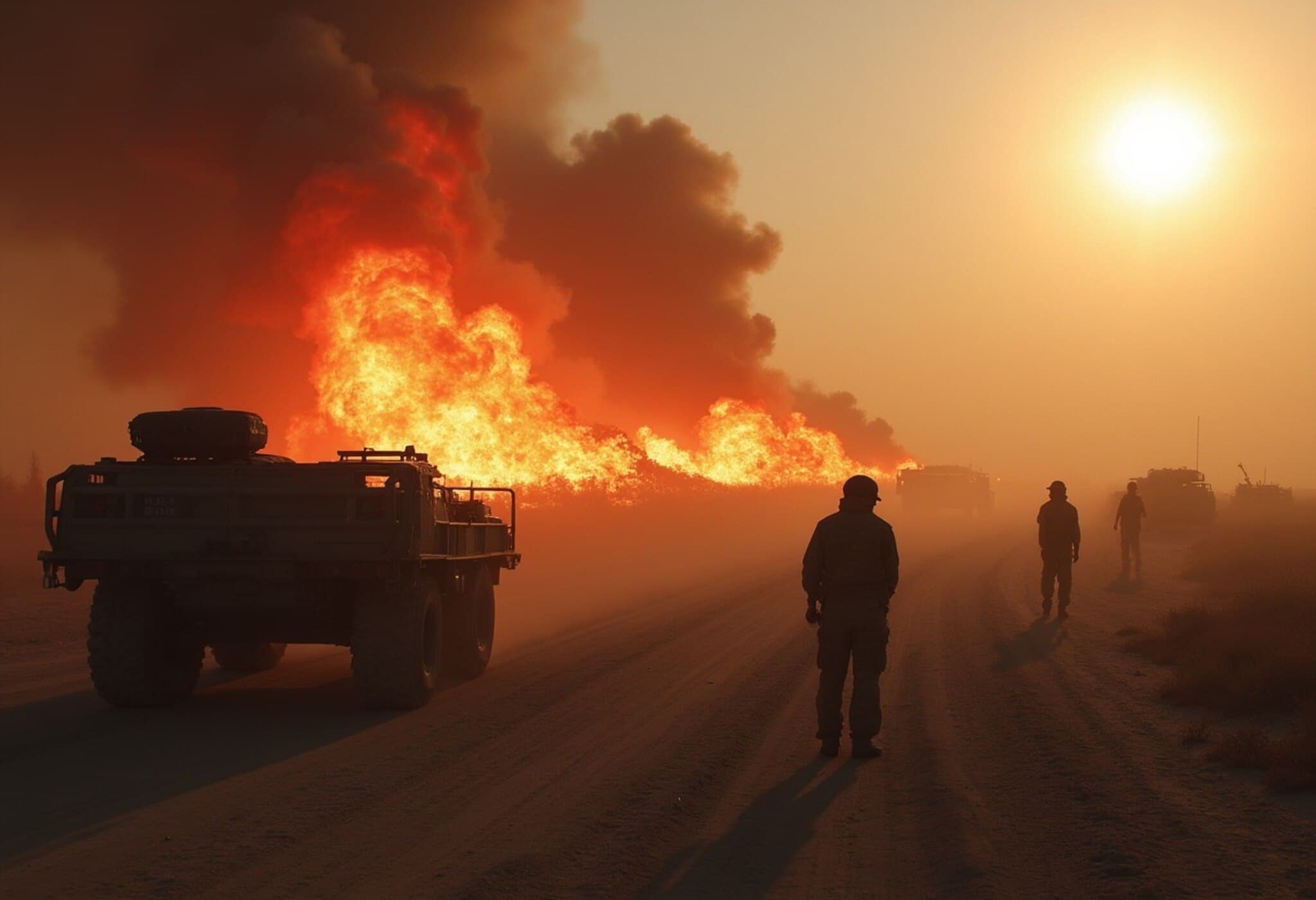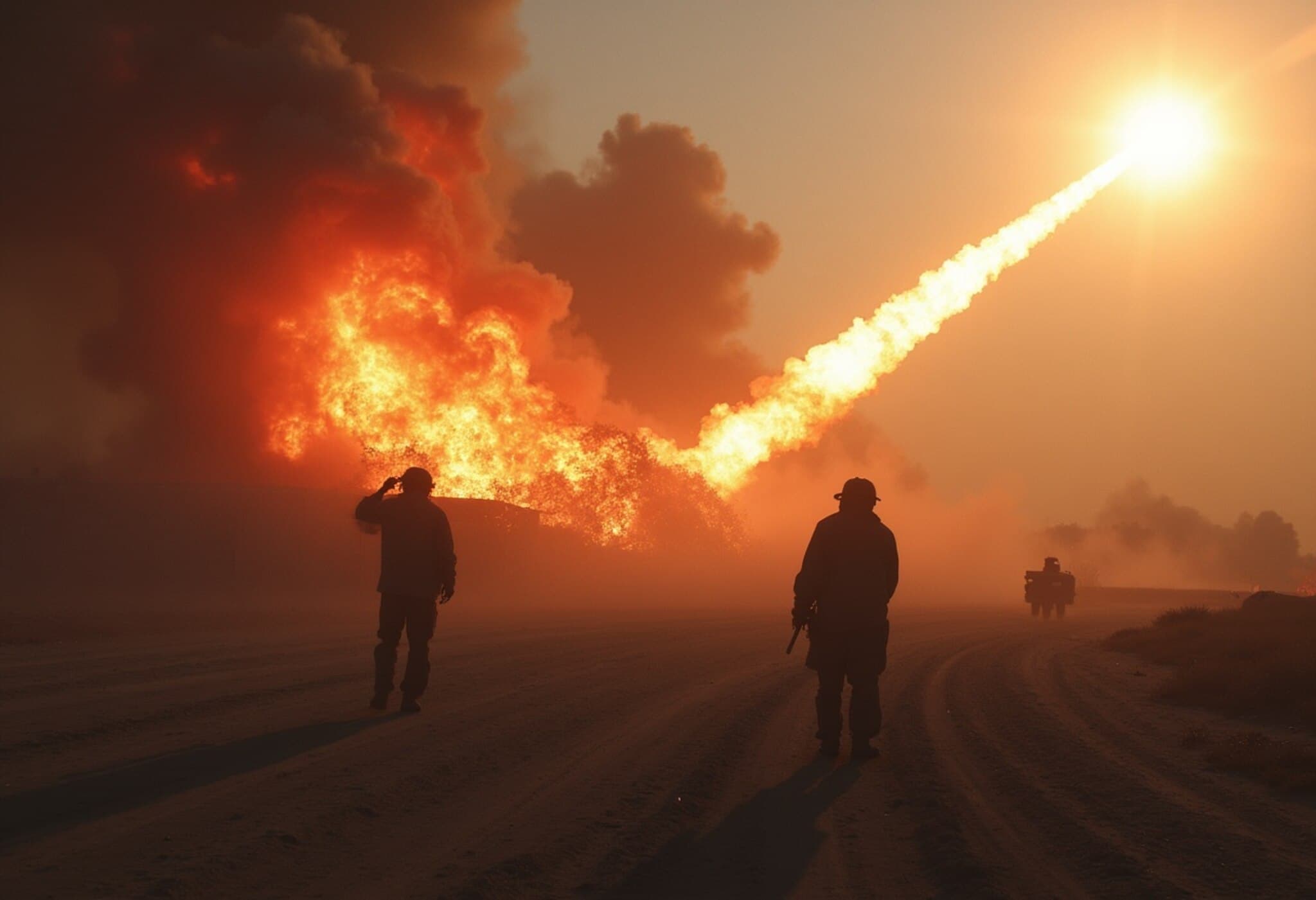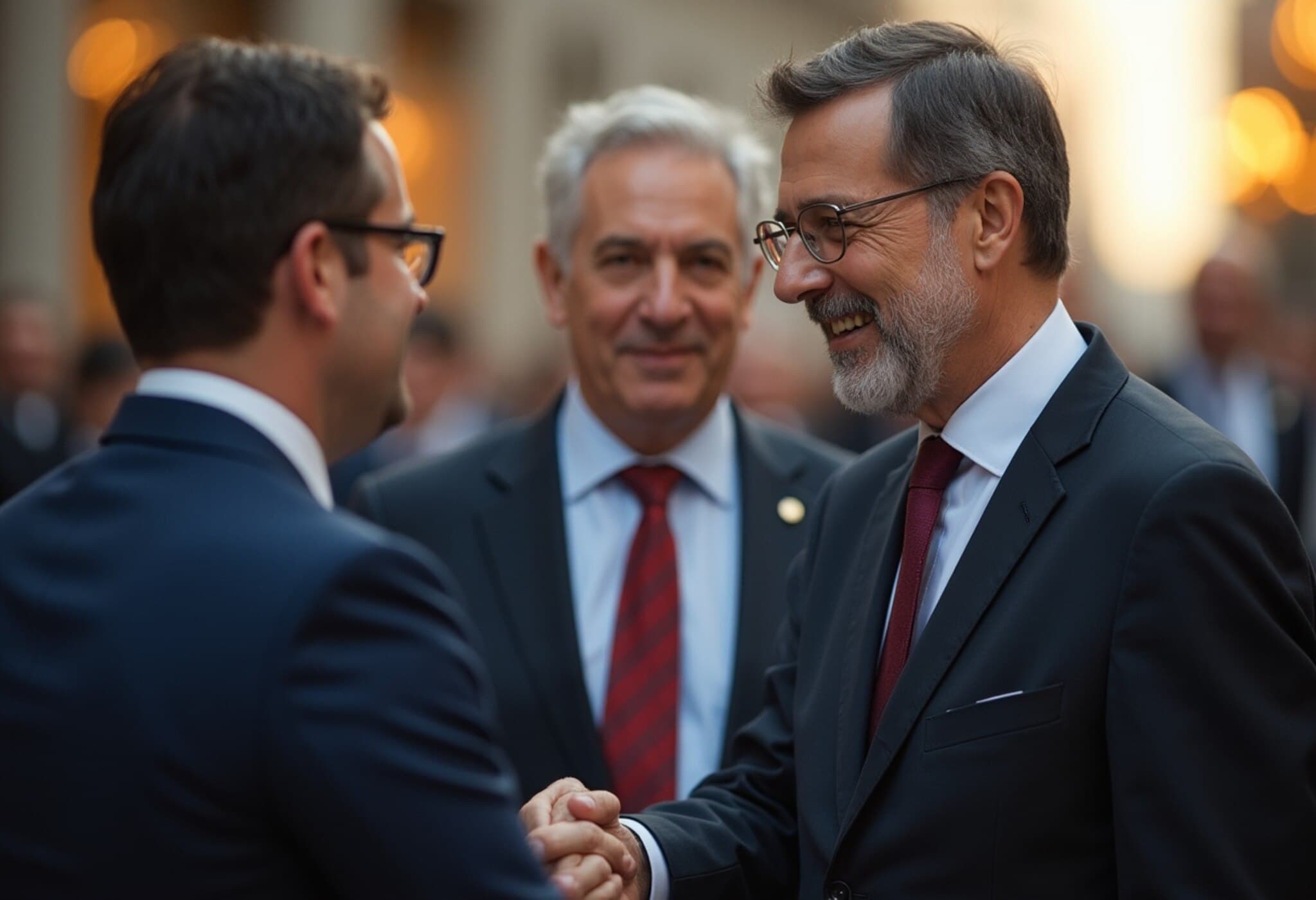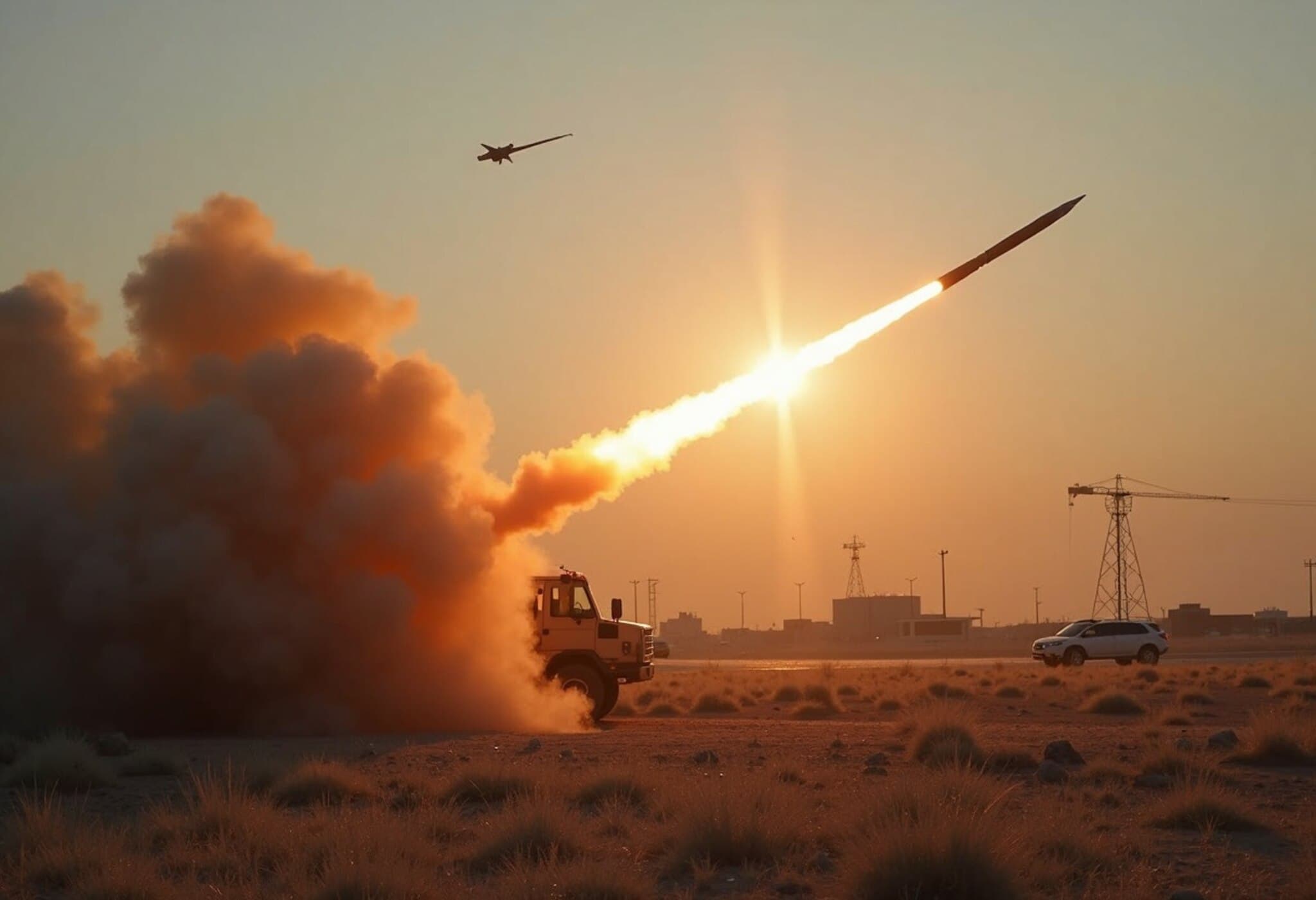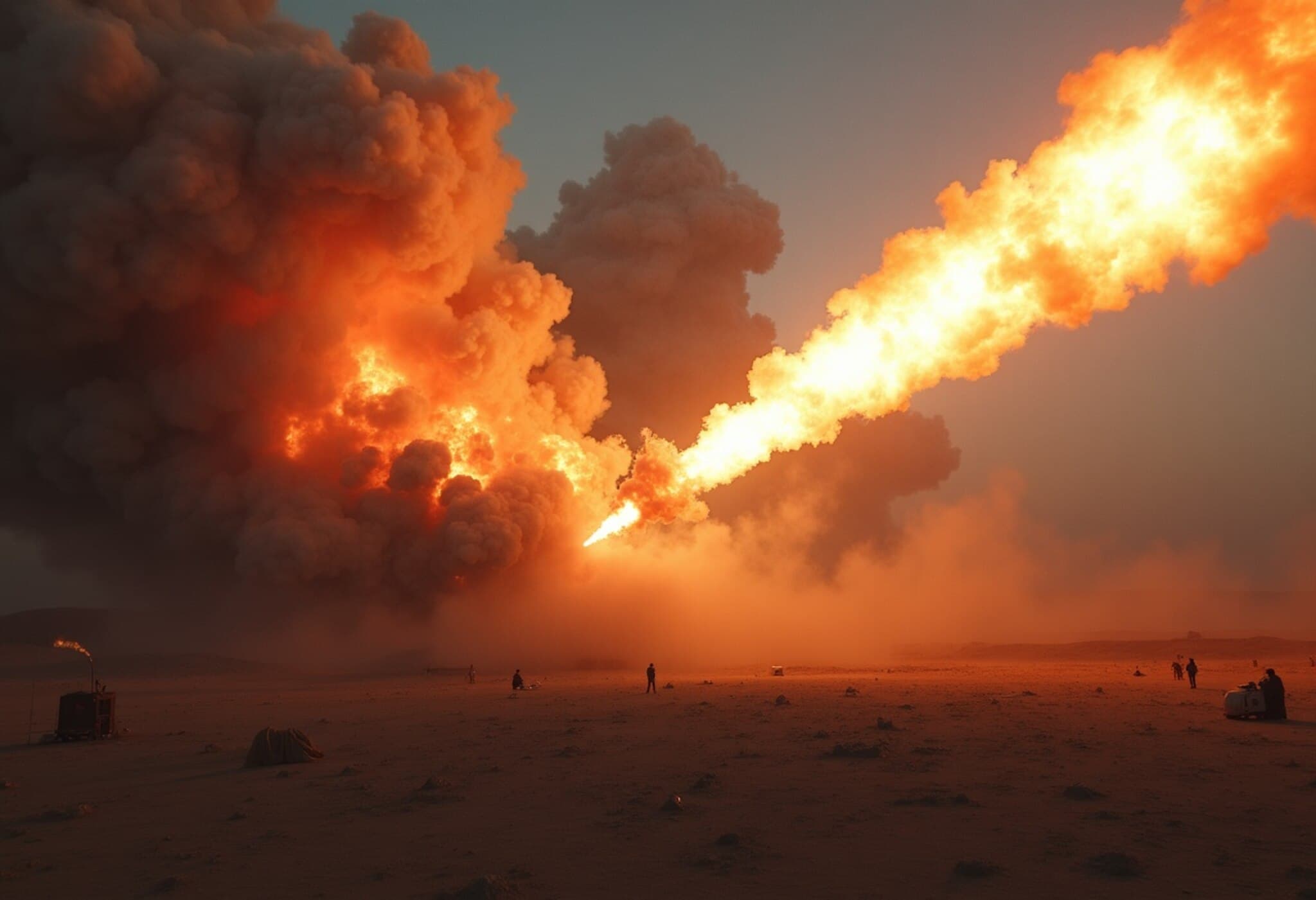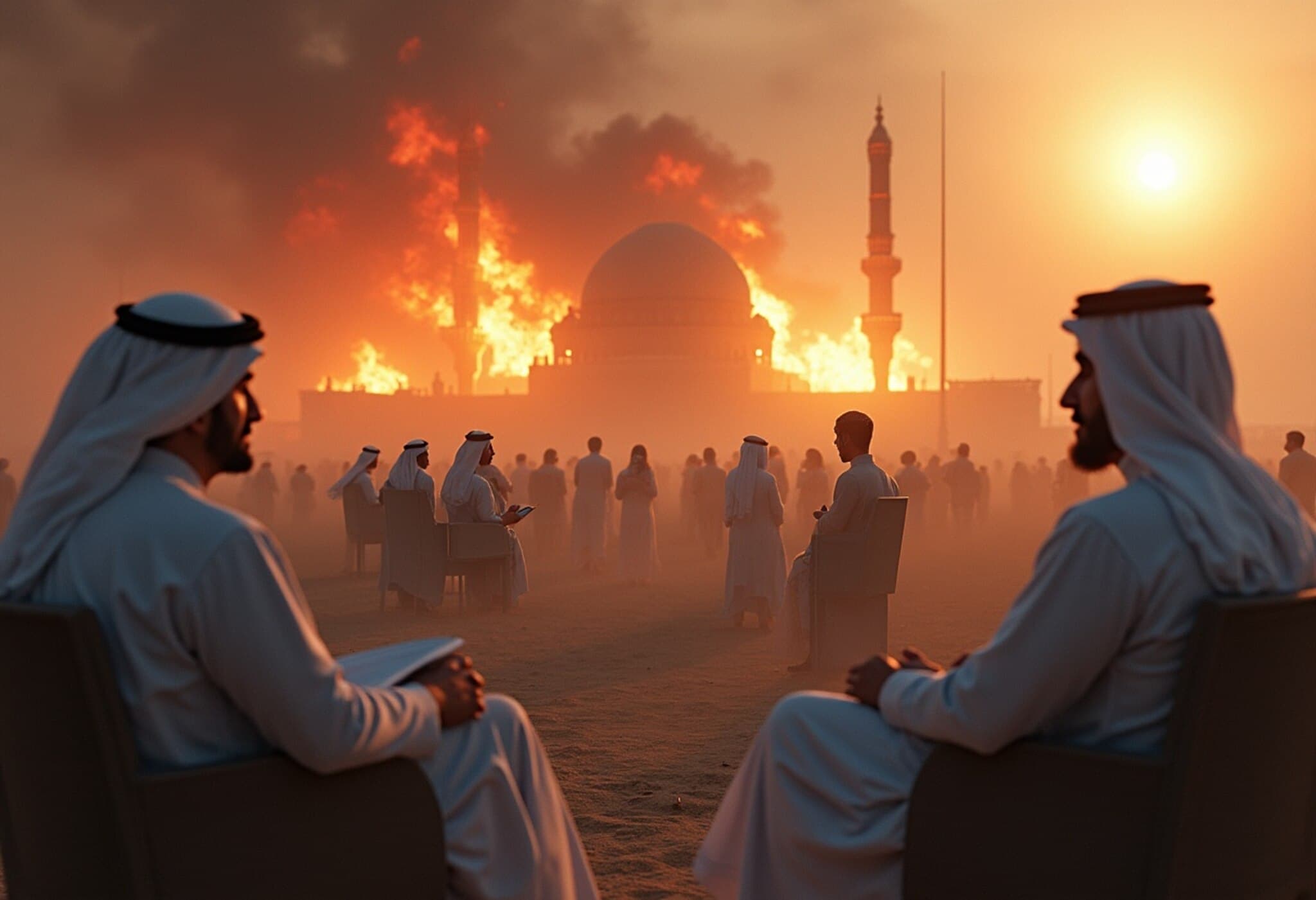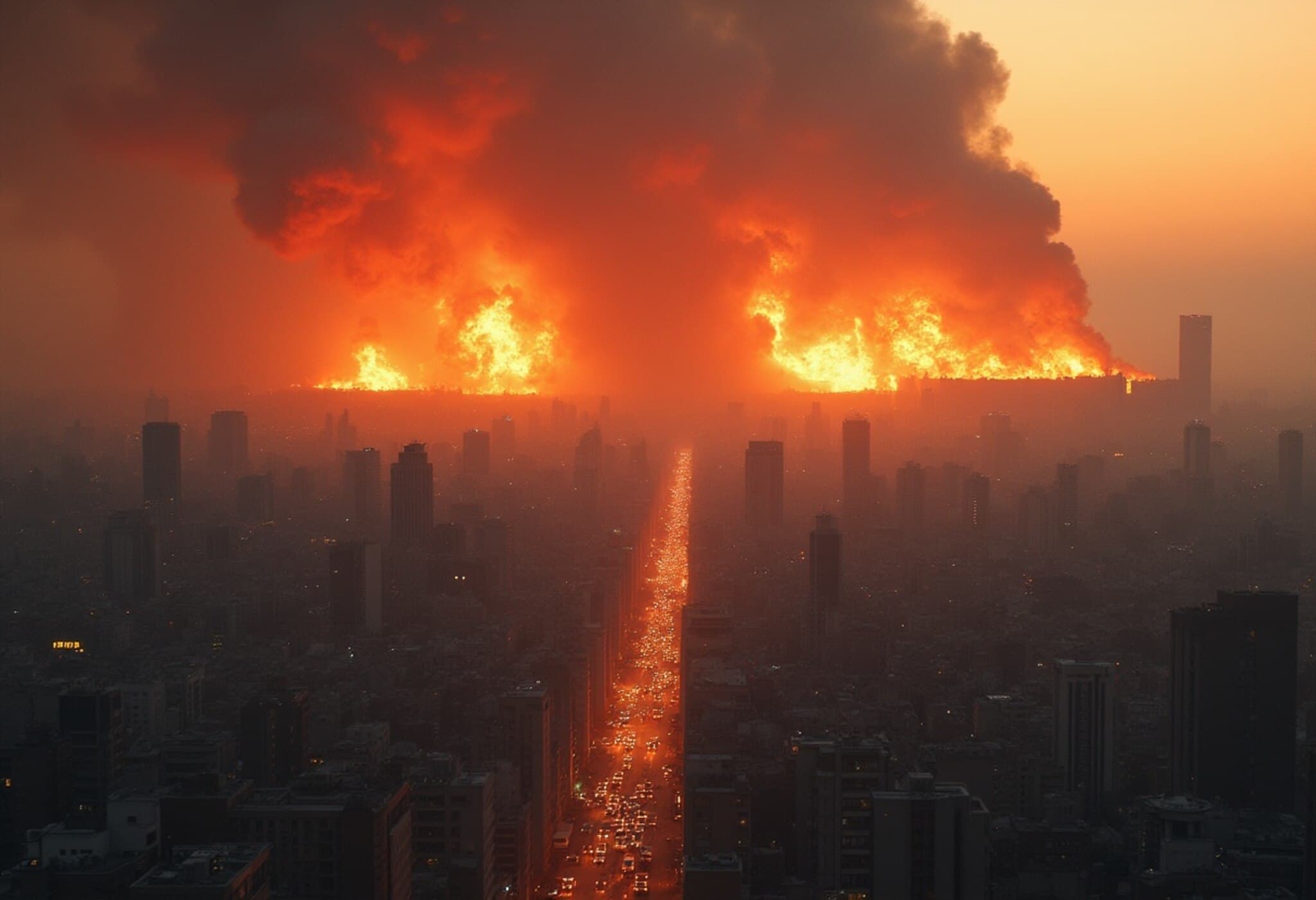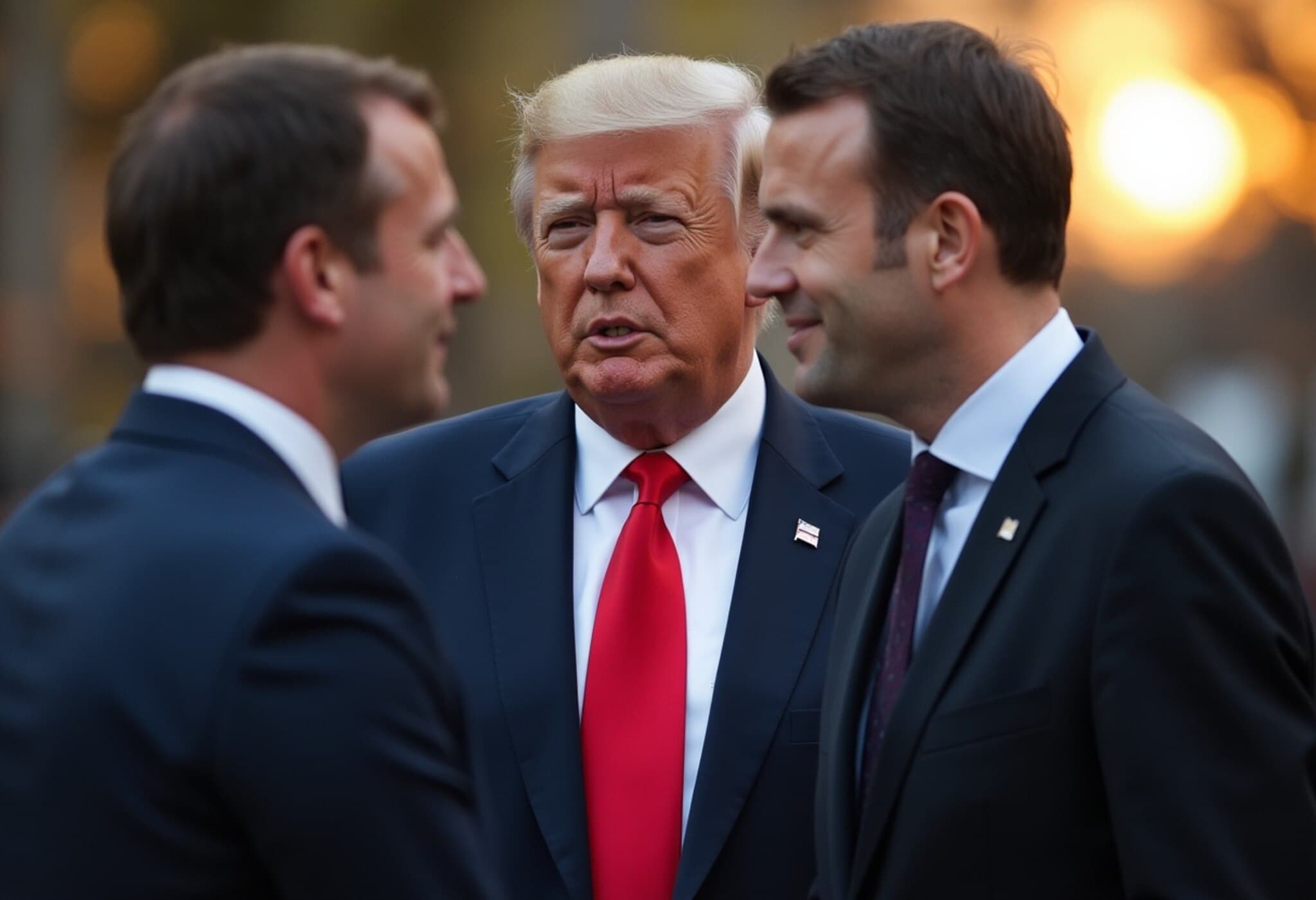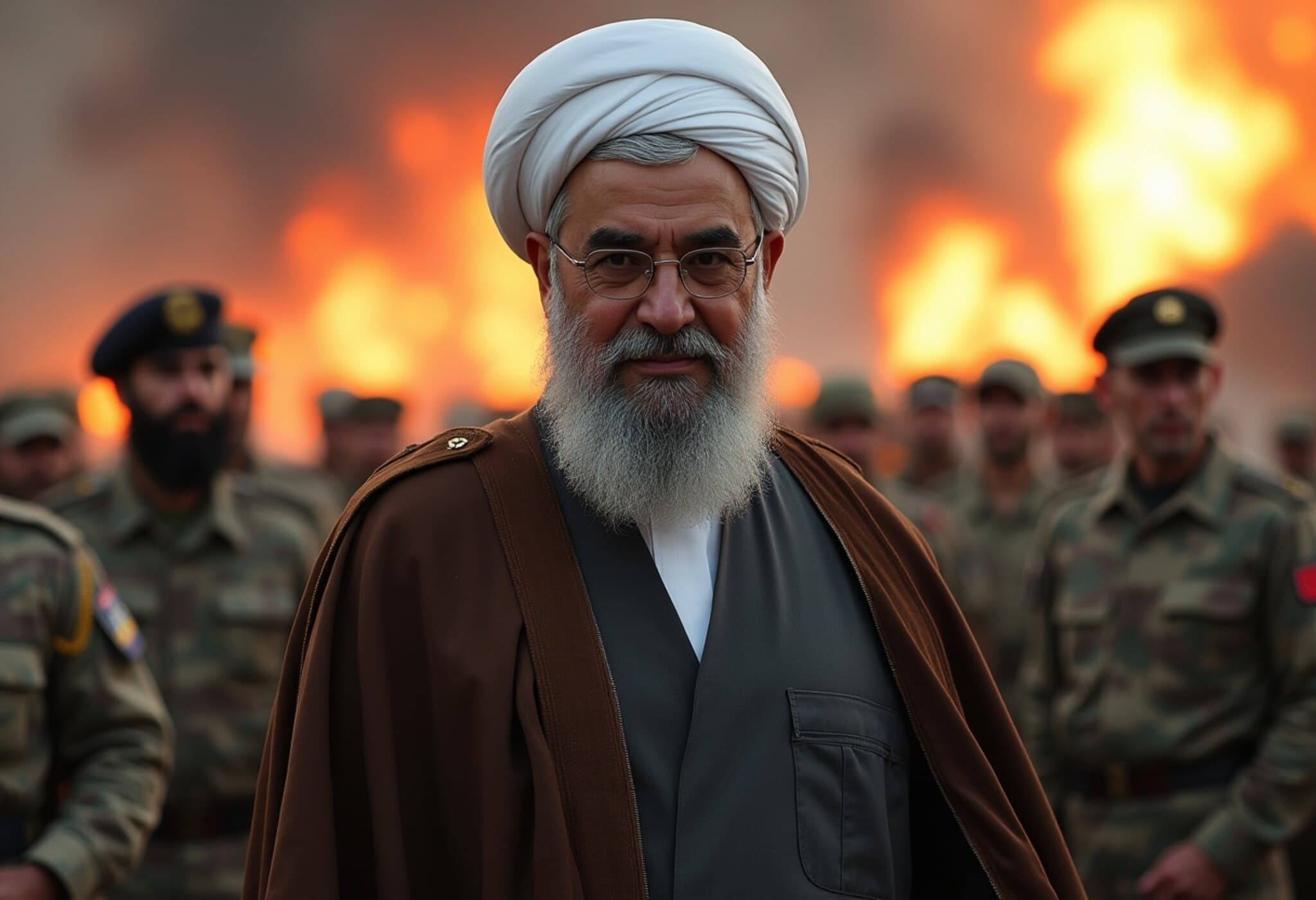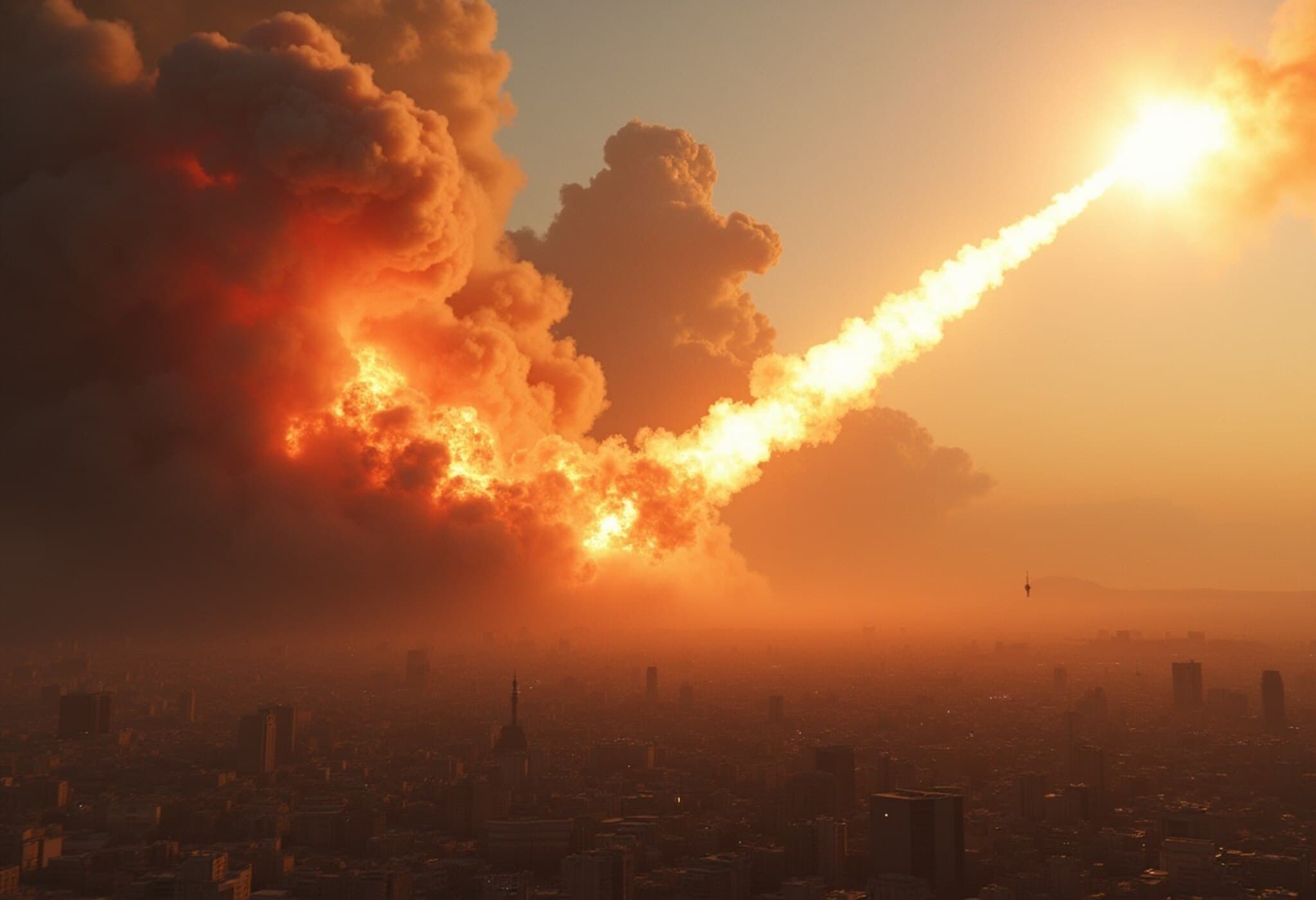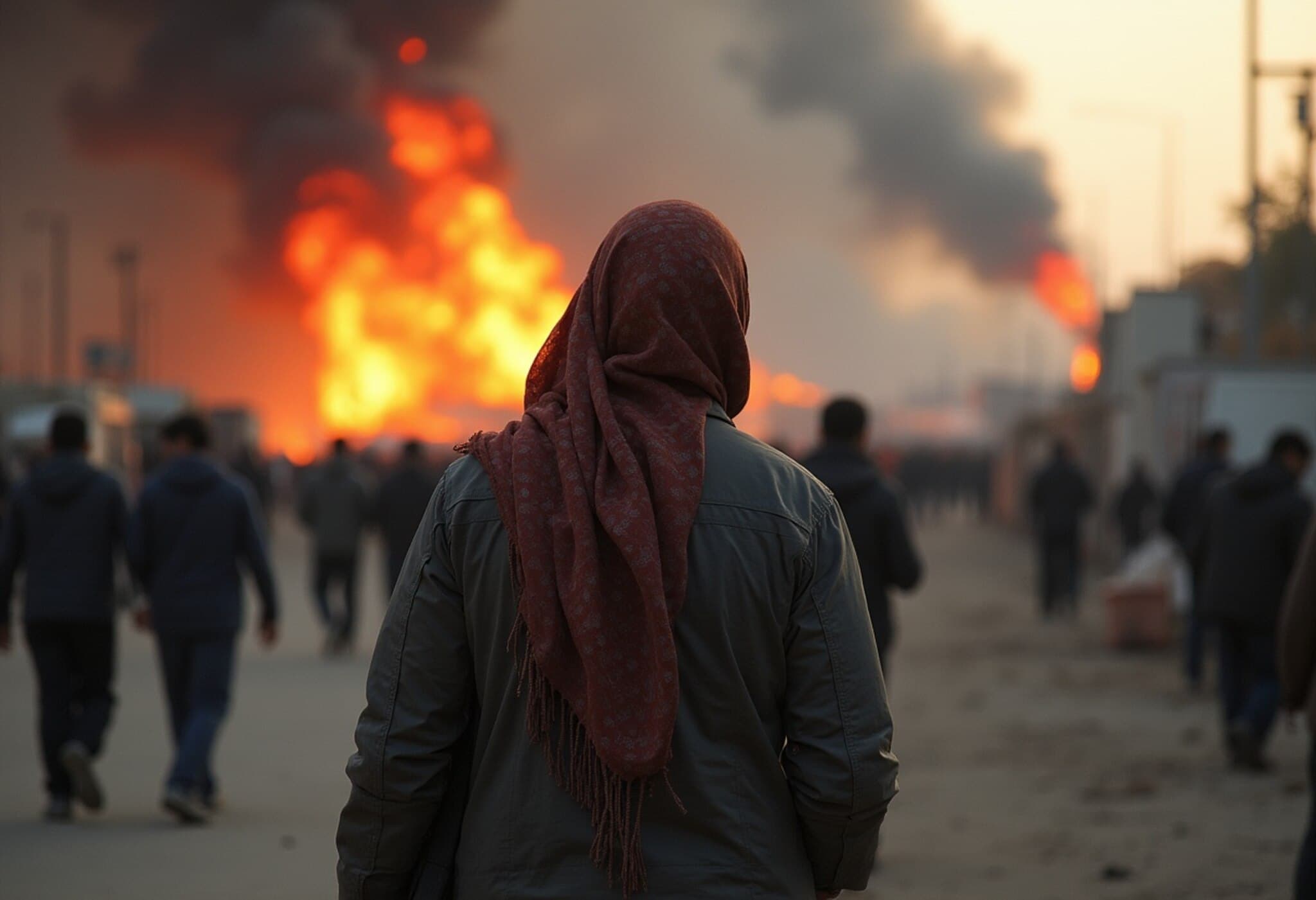European Diplomats Engage Iran in Talks Amid Nuclear Crisis
In a pivotal development this Friday, Iran’s Foreign Minister Abbas Araghchi met with senior European diplomats in Geneva, signaling cautious optimism for renewed diplomatic dialogue amidst escalating tensions in the Middle East. This encounter marked the first face-to-face meeting between Western officials and Iran since the outbreak of conflict shaped by concerns over Tehran’s nuclear ambitions.
Key Players and Meeting Overview
The talks convened foreign ministers from Britain, France, and Germany, alongside the European Union’s foreign policy chief. The three-and-a-half-hour session, held at a Geneva hotel, offered no immediate breakthroughs but highlighted Iran’s willingness to engage on critical issues.
German Foreign Minister Johann Wadephul reflected the atmosphere, stating, “We leave the room with the impression that the Iranian side is fundamentally ready to continue talking about all important issues.”
Statements from Western Officials
British Foreign Secretary David Lammy reinforced the commitment to diplomatic progress, emphasizing, “We are keen to continue ongoing discussions and negotiations with Iran, and we urge Iran to continue their talks with the United States.” Notably, Lammy traveled to Geneva after discussions in Washington with the U.S. Secretary of State and the President’s Middle East envoy, underscoring close transatlantic coordination.
Background: The Rising Conflict
The talks surface amid heightened conflict triggered by Israel’s recent airstrike campaign aimed at curtailing Iran’s progress towards developing a nuclear weapon. Israel asserts these military actions are essential to prevent Tehran from enhancing its nuclear capabilities.
Meanwhile, the United States weighs its options carefully. President Trump has indicated that a decision on direct U.S. military involvement, including the possibility of targeting Iran’s fortified Fordo uranium enrichment facility—which lies deep beneath a mountain and requires specialized “bunker-buster” weaponry—is imminent within a fortnight. This decision hinges partly on the prospects for renewed negotiations.
The Road Ahead for Diplomacy
Prior to the conflict escalation, Iran and the U.S. had been exploring a new diplomatic arrangement concerning Tehran’s nuclear program. However, the Israeli airstrike campaign unfolded shortly after a self-imposed 60-day window for those talks set by President Trump expired.
As European and Iranian diplomats exit the Geneva meeting with cautious hope, the international community watches closely. The path to de-escalation and meaningful dialogue remains fragile but vital for regional and global security.

